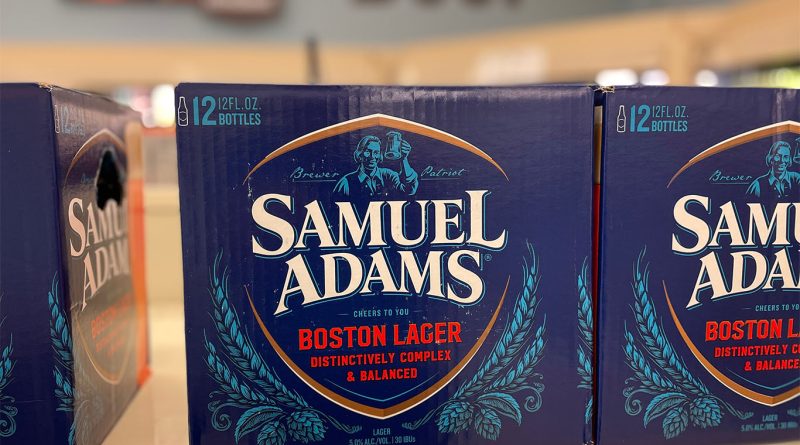Jim Koch returns as Boston Beer Company CEO amid strong quarter
Subscribe to our free newsletter today to keep up to date with the latest food industry news.
Boston Beer Company founder Jim Koch will resume the role of chief executive officer on Aug. 15, 2025, marking his return to the top job after nearly a quarter of a century. The announcement comes as the maker of Sam Adams beer reported one of its most profitable quarters in years, a performance that has buoyed investor confidence and lifted the company’s stock.
Koch, who founded Boston Beer in 1984, served as CEO until 2001 before handing the position to a series of successors while remaining chairman. His leadership shaped the company’s early rise as a leading player in the craft beer market, helping to popularize the Sam Adams brand and establishing Boston Beer as a publicly traded symbol of the U.S. brewing renaissance.
The leadership change follows the resignation of current CEO Michael Spillane, who is stepping down for personal reasons. Spillane will remain on the company’s board as a non-executive director, a move intended to help ensure continuity. The company said the transition has been carefully planned, with Koch expected to lead until an internal successor is identified and prepared to take over.
Profits and market reaction
The return to founder leadership is taking place against a backdrop of strong financial results. In the second quarter of 2025, Boston Beer recorded one of its most profitable periods in recent history. Koch credited the gains to disciplined cost control, resilient consumer demand, and the continued strength of its flagship and emerging brands.
The market reacted positively. Shares in Boston Beer rose roughly 2 percent in early trading following the announcement, reflecting investor optimism about renewed founder involvement. Analysts noted that the stock had already been gaining momentum after quarterly earnings outperformed expectations.
Boston Beer’s portfolio includes Sam Adams, Truly Hard Seltzer, Twisted Tea, Angry Orchard Hard Cider, and Dogfish Head. The company has been actively balancing its heritage beer lines with newer products aimed at younger consumers and changing drinking habits.
The state of the beer industry
Koch’s return comes during a period of turbulence for the U.S. beer industry. Overall beer consumption has been flat or declining, with younger drinkers shifting toward spirits, ready-to-drink cocktails, and non-alcoholic options. Craft brewers face increased competition both from global beer conglomerates and from an oversaturated field of small breweries. Rising input costs and distribution challenges have also pressured margins.
Boston Beer has had to navigate these currents while maintaining its position as one of the most recognized craft beer makers in the country. Industry analysts suggest that the return of the founder could reinforce the company’s credibility in innovation and brand authenticity, qualities that have historically distinguished it from larger competitors. Koch’s reputation as both a marketer and a brewer may help the company connect more directly with consumers in an increasingly fragmented market.
Planning the next chapter
In public statements, Koch has emphasized that his role is to guide the company through this phase while preparing the next generation of leadership. He has not committed to a fixed timeline for stepping down but has indicated that the handover will occur when a capable successor from within the company is ready.
Potential strategic priorities under his leadership include expanding Boston Beer’s non-beer offerings, strengthening distribution partnerships, and focusing on premium segments of the alcohol market. The company may also accelerate product development in areas such as flavored malt beverages and alcohol-free lines, capitalizing on shifts in consumer behavior.
Observers note that founder returns can be a double-edged sword. While they often bring renewed vision and energy, they also raise expectations among investors and employees. Boston Beer will need to deliver not only financial growth but also sustained relevance in a category where trends can shift quickly.
For now, the move has been welcomed by markets and many in the brewing community. As Boston Beer enters the final months of 2025, the company finds itself with strong earnings, renewed founder leadership, and an industry landscape that is both challenging and full of opportunity. Whether Koch’s second tenure as CEO will mark the start of another growth chapter for the maker of Sam Adams remains to be seen, but his return signals a reaffirmation of the company’s founding vision and its determination to remain a leader in American brewing.
Sources:
